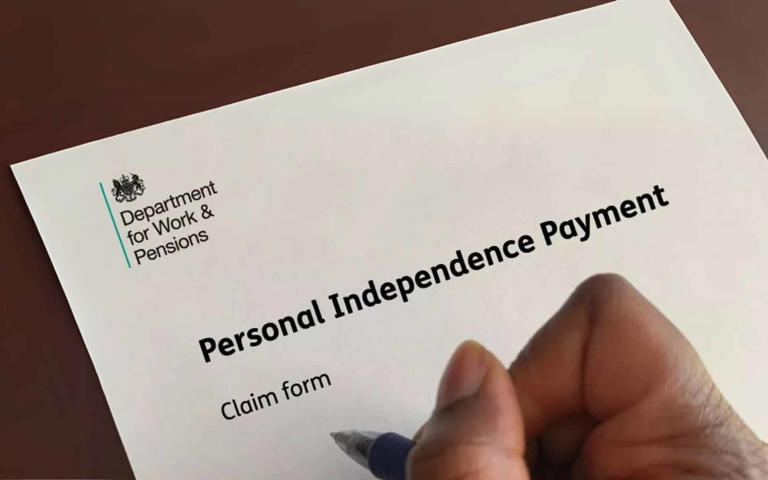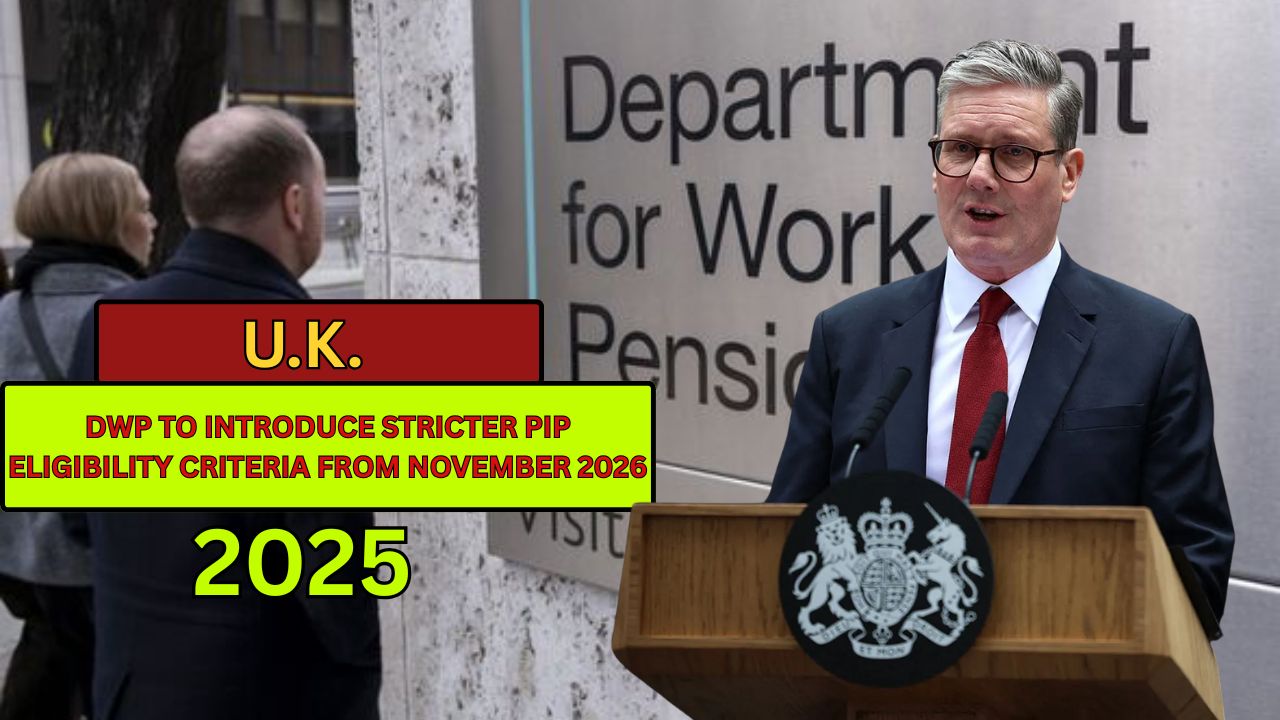The Department for Work and Pensions (DWP) is preparing to roll out significant changes to the Personal Independence Payment (PIP) system starting in November 2026. These reforms will reshape how individuals are assessed and determine who qualifies for this essential disability benefit.
If you’re thinking about applying for PIP or assisting someone who might qualify, now is the time to act. Applying before the reforms take effect could be the difference between receiving full support and being caught in the net of stricter eligibility criteria.
What Is Changing in 2026?
Under the planned reforms, several core aspects of the PIP system will change. The reforms are still under public consultation but are expected to become official by late 2026. Here are the key updates:
1. Tougher Eligibility Rules
Currently, applicants can qualify by scoring a certain number of points across various activities that assess daily living and mobility. Starting November 2026, applicants will need to score at least four points on a single daily living activity to qualify for the daily living component. This new rule makes it harder for people whose disabilities affect them across a range of activities, but not severely in any one, to qualify.
2. Changes to the PIP2 Form
The PIP2 form, which helps applicants explain how their condition impacts their life, will be overhauled. The updated version is expected to demand more detailed responses and closer evidence alignment, making it more challenging to complete without support.

3. Increased Face-to-Face Assessments
The DWP has also announced a return to more in-person assessments, replacing the current emphasis on telephone or paper-based evaluations introduced during the pandemic. While the goal is to improve accuracy, this move could be stressful or logistically difficult for many claimants.
4. Some Groups Will Be Exempt
If you are over State Pension age or are terminally ill with less than 12 months to live, the new eligibility requirements will not apply to you. You will remain eligible for the enhanced rate of the daily living component, even after November 2026.
Why You Should Apply Before the Reforms
Many disability advocates, including Citizens Advice and the MS Trust, are urging people to submit their claims before the reforms kick in. Not only are the current criteria more flexible, but the upcoming changes could exclude around 1.2 million current or potential recipients, according to the Resolution Foundation.
Under the current framework, your application is more likely to be assessed favorably if you can provide consistent medical evidence and detailed responses on how your condition impacts your life. With the new system, this process could become more rigid and less forgiving.
When Do the Changes Take Effect?
These reforms are scheduled to begin from November 2026 and will apply to both new applications and existing claims under review. That means even if you’re already receiving PIP, your next reassessment after this date could be subject to the new criteria.
Financial Impact on Claimants
According to estimates from the Resolution Foundation, many could lose between £4,200 and £6,300 per year. The concern is especially high among people with fluctuating conditions like multiple sclerosis or mental health disorders, who may not meet the new thresholds under one specific activity but experience widespread disability across several.
Advocacy groups argue that these changes risk penalizing people for not being “disabled enough” in any one way, even if they struggle considerably on a daily basis.

How to Protect Yourself
Here are a few steps to ensure you’re not caught off guard:
- ✅ Apply Now: If you’re eligible, submit your PIP application before the 2026 changes.
- ✅ Seek Help: Contact organizations like Citizens Advice or Scope for guidance in filling out the PIP2 form.
- ✅ Monitor Updates: Stay informed by checking updates directly on GOV.UK’s PIP page.
- ✅ Engage in the Consultation: Make your voice heard by participating in the public consultation.
Conclusion
Time is of the essence. The DWP’s upcoming overhaul of PIP rules marks a major shift in how the UK supports people with disabilities. By acting before November 2026, eligible individuals can still benefit from the current, more accessible framework.
As reforms loom, advocacy groups, healthcare providers, and individuals must work together to ensure fair and compassionate treatment for all.
This article has been carefully fact-checked by our editorial team to ensure accuracy and eliminate any misleading information. We are committed to maintaining the highest standards of integrity in our content.

Outside of work, he enjoys playing chess, following cricket, and writing short stories. His commitment to integrity and in-depth analysis strengthens OTE News’ mission of providing trustworthy journalism.




